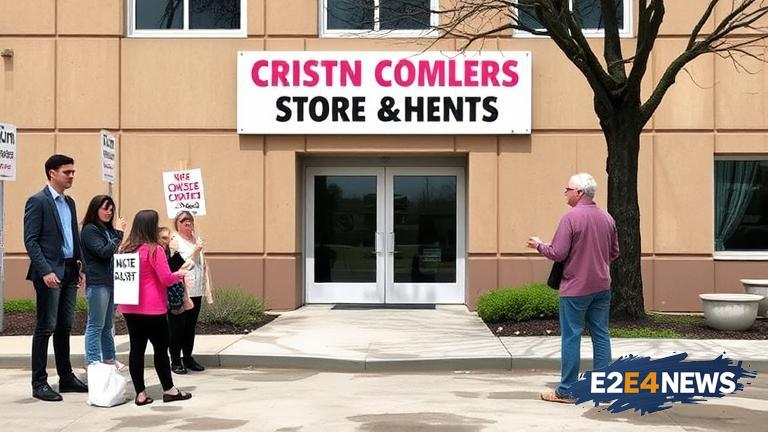An abortion rights group has recently asked a judge to reject a lawsuit filed over crisis centers, which the group claims provide misleading information to pregnant women. The lawsuit, filed by a group of crisis centers, alleges that the abortion rights group has engaged in unfair business practices and made false statements about the centers. However, the abortion rights group argues that the crisis centers are the ones providing false information, and that their actions are protected by free speech laws. The crisis centers, also known as pregnancy resource centers, offer free services such as pregnancy tests, ultrasounds, and counseling to pregnant women. However, the abortion rights group claims that these centers often provide biased and misleading information to women, in an attempt to dissuade them from having an abortion. The group argues that the centers’ actions are harmful to women, and that they have a right to inform the public about the centers’ practices. The lawsuit, which was filed in a federal court, seeks to stop the abortion rights group from making statements about the crisis centers. However, the abortion rights group has filed a motion to dismiss the lawsuit, arguing that the crisis centers are trying to silence them and prevent them from exercising their free speech rights. The group claims that the crisis centers are attempting to use the lawsuit to intimidate and bully them into stopping their advocacy work. The abortion rights group also argues that the crisis centers are not entitled to protection under the law, because they are not providing legitimate medical services. Instead, the group claims that the centers are providing pseudo-medical services, such as ultrasounds, that are not performed by licensed medical professionals. The group also argues that the centers are not transparent about their services, and that they often use deceptive tactics to lure women into their facilities. For example, the group claims that some crisis centers have been known to use fake clinic websites and phone numbers, in an attempt to trick women into thinking they are contacting a legitimate abortion provider. The abortion rights group also points out that many crisis centers are affiliated with religious organizations, and that they often have a religious agenda. The group argues that this agenda is not always clear to the women who visit the centers, and that it can be harmful to women who are already vulnerable and in need of support. The lawsuit has sparked a heated debate about the role of crisis centers in the abortion debate, and about the rights of abortion rights groups to free speech. Many advocates for abortion rights have come out in support of the group, arguing that they have a right to inform the public about the crisis centers and their practices. On the other hand, many supporters of the crisis centers have argued that the abortion rights group is trying to silence them and prevent them from providing valuable services to pregnant women. The outcome of the lawsuit is still uncertain, but it is clear that it will have significant implications for the abortion debate and for the rights of abortion rights groups. The case has also highlighted the need for greater transparency and regulation of crisis centers, and for more education and awareness about the services they provide. Ultimately, the abortion rights group hopes that the lawsuit will be dismissed, and that they will be able to continue their advocacy work without fear of reprisal. The group believes that women have a right to accurate and unbiased information about their reproductive health options, and that they should be able to make informed decisions about their own bodies. The case is being closely watched by advocates on both sides of the abortion debate, and it is likely to have significant implications for the future of abortion rights in the United States.
